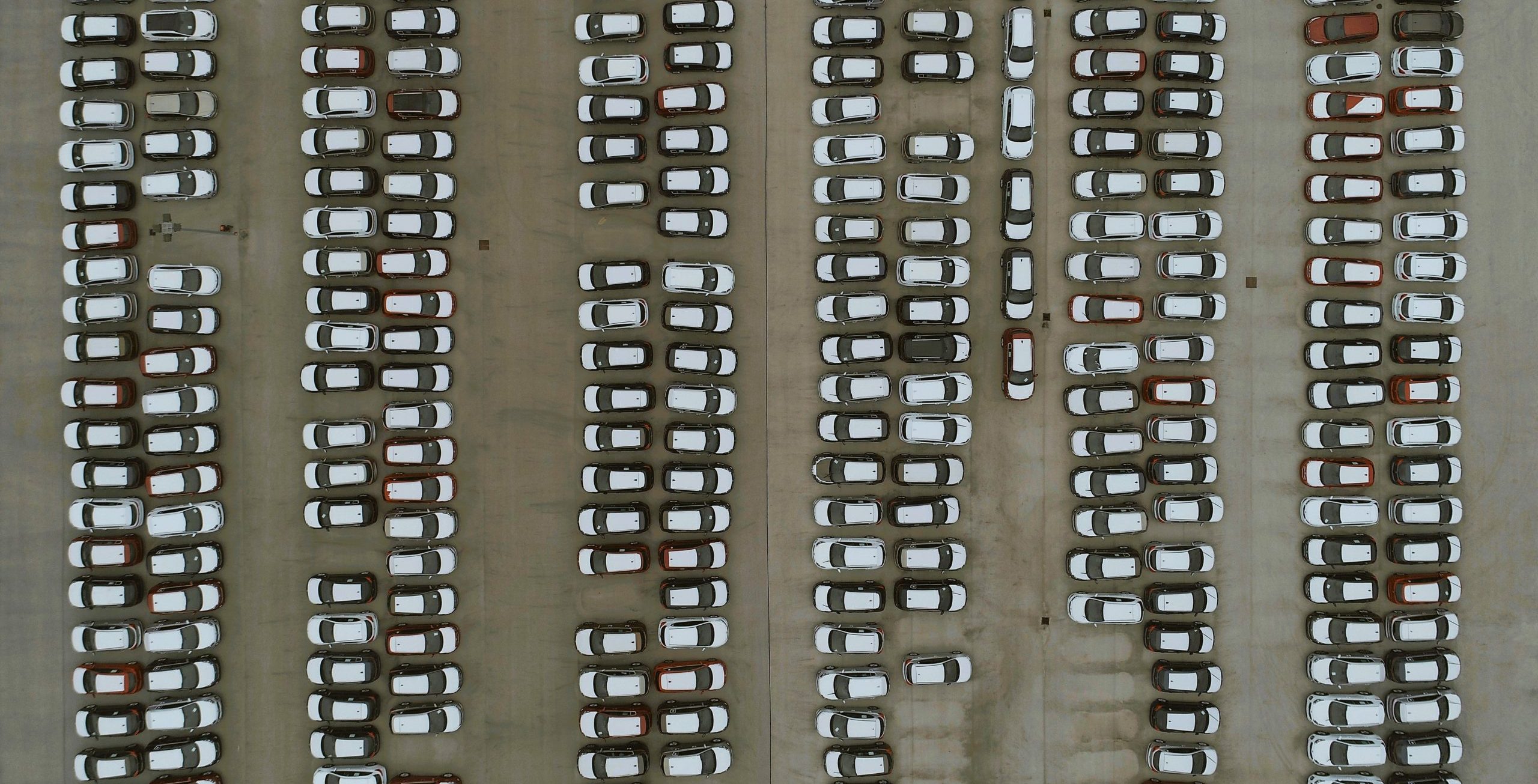Supply Chain Intelligence Institute Austria – Evidence-based decision-making for business and politics
The research institute is dedicated to providing analyses to better address future challenges related to value networks, strategic interdependencies, and ensuring production and supply security. The aim is to provide decision-makers in politics, administration and industry with a solid basis for achieving the Austrian and European goals of secure value creation and environmental neutrality.
ABOUT
Global, European and Austrian production and logistics networks face multiple challenges. The overlapping crises of recent years have exposed vulnerabilities in supply chains and production networks, which leads to a multitude of questions regarding the design of more sustainable, resilient networks.
To solve these questions, the institute takes an interdisciplinary approach. The ASCII scientists create data-based analytical tools and use methods from mathematics, data and network science, international economics, management science, supply chains and logistics.
This project is being implemented in close cooperation with the founding organizations: the Complexity Science Hub, WIFO, Logistikum of the Upper Austrian University of Applied Sciences and Verein Netzwerk Logistik. The supply chain issue is embedded in overarching risks (e.g. geopolitical discord, trade wars) and the impact of man-made climate change, the mitigation of which will require new production structures and business models. The institute provides data and knowledge bases and acts as the first point of contact for analyzing, evaluating and deriving recommendations for action for time-critical and complex issues related to value chains.
VISION
The Supply Chain Intelligence Institute Austria sets itself the following goals in the field of supply chain and resilience research:
Fact-based support of economic policy in Austria and the EU on issues related to supply chains and production networks
Direct and practice-oriented knowledge generation in the field of value networks, change processes and their integration into the macroeconomic context
Increasing methodical knowledge to cope with the complexity and dynamics of value networks
International orientation of the training of the next generation
High impact of the results due to the inherent involvement of politics, business and science
NEWS
- Event
Our annual Advisory Board meeting took place last week, where we were able to discuss welcome input for the future direction of ASCII. Society at large is at an inflection point: Not only do we have wars on our doorstep, but we also have to meet the challenges of the green transition. As a result, the export-led economic growth model of recent years is increasingly unraveling.
- Publications
The European Union is imposing provisional countervailing duties of 21% on battery electric vehicles (BEVs) imported from China from July 4, 2024. This move follows an investigation that found evidence of WTO-inconsistent subsidies for Chinese BEVs. Imports of Chinese vehicles could fall significantly, but prices for electric cars are unlikely to change much in the long term.
- Event
On September 16, ASCII is launching a new format to make the exciting world of supply chain research accessible to interested parties outside of science and politics: the ASCII Nachtcafé. This is a series of events in which current topics can be discussed informally over snacks and drinks.





